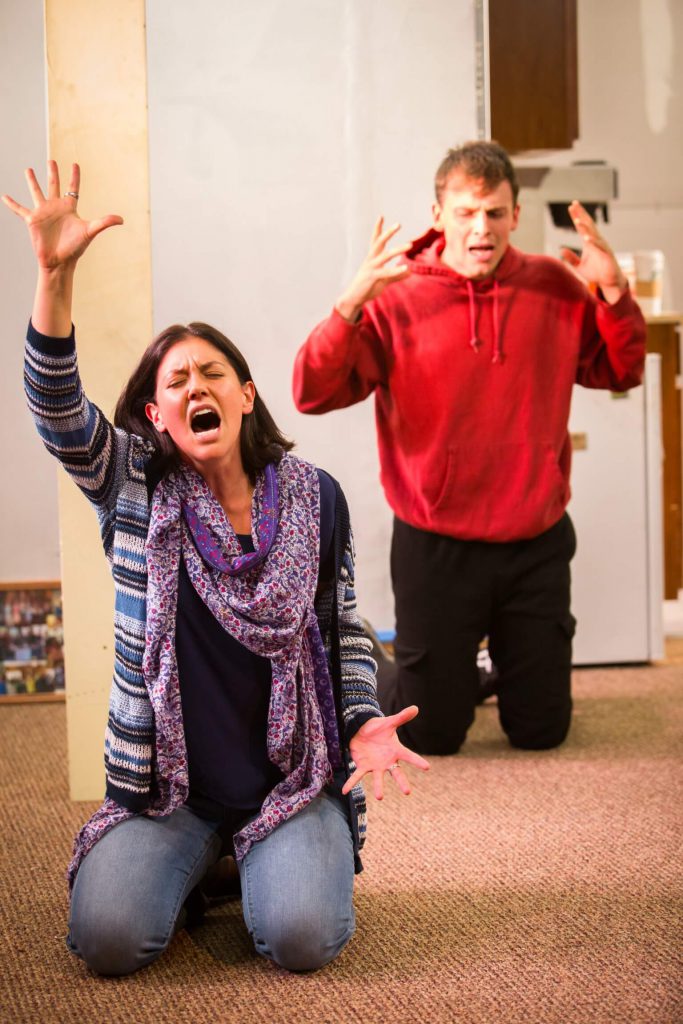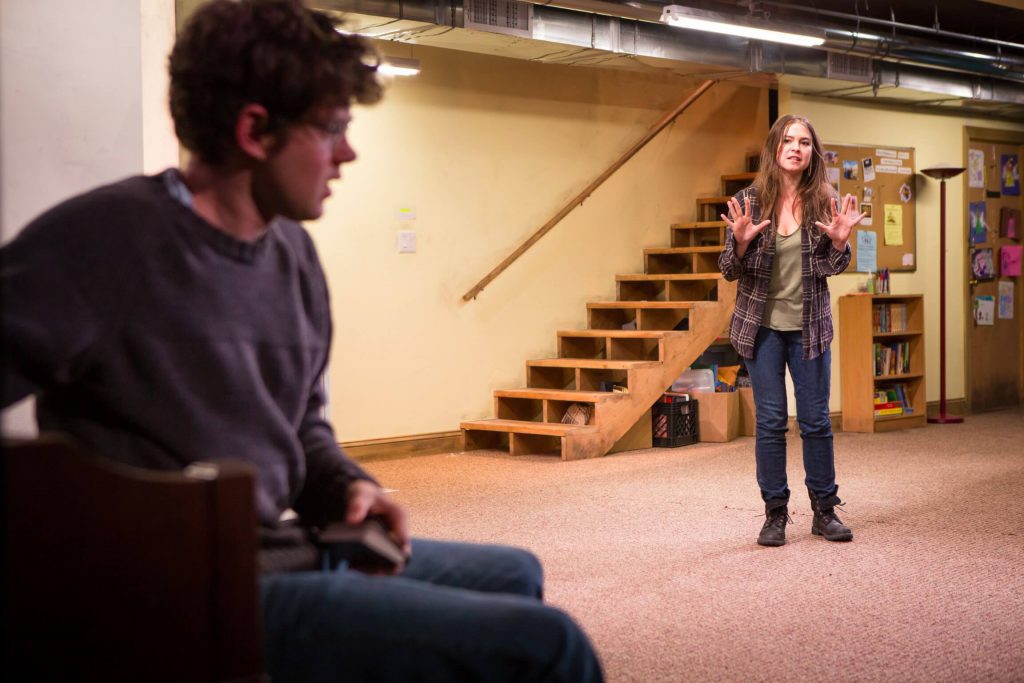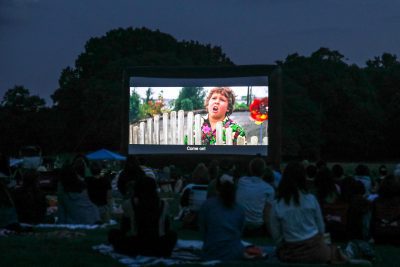On a Roll: Samuel D. Hunter’s The Harvest
It is rare that a playwright has two new plays premiering in New York in one year, and even rarer when both of them are of the highest possible quality, but Samuel D. Hunter has managed that in 2016. His play The Healing was a highlight of the theatergoing season back in June at the Harold Clurman Theatre, and now The Harvest up at Lincoln Center makes for an exquisitely judged companion piece.
These two Hunter plays do have some similarities. They are both set in a religious milieu, and they are both structured so that an important entrance by an older character changes our relation to what we have seen so far. More importantly, both The Healing and The Harvest are written in such a calm, quiet, steady way that the emotional relationships on view emerge naturally and Hunter is able to dig far deeper into the lives of his characters than most playwrights could ever dream of.


The Harvest begins with almost all of the main characters speaking in tongues in a church basement, and the striking thing about this scene in retrospect is how much these people are fully themselves even when they are so radically letting themselves go, or trying to. Zoë Winters plays Ada, the hard-smiling, manipulative leader of a church group that is about to go off to do missionary work in the Middle East. The conflict in the play arises because Josh (Peter Mark Kendall) is going to be staying on there after the group leaves, and this does not sit well with either his sister Michaela (Leah Karpel) or his best friend Tom (Gideon Glick).
Hunter has managed to strip the drama of The Harvest down to an essence where there is nothing histrionic or fancy or worked-up about what we are seeing, which only exposes how so many other plays are built on such things. In the confrontation scenes between Josh and Michaela and Josh and Tom, the actors are allowed to go to some very raw emotional places, particularly Glick, who does John Cazale-level work here as a panic-stricken, perilously miserable boy who is immensely in love with Josh but so repressed that he probably cannot quite admit that to himself. Kendall has to carry a very difficult scene toward the end where Josh is so torn between wanting to go and wanting to stay that he finally enters a kind of fugue state.


The suspense that is created here about whether or not Josh will go marks The Harvest as a well-made play in the old-fashioned sense, even if the naturalistic style in which it is delivered to us is totally modern. All of the actors here are so exposed and so vulnerable that we finally seem to be looking at their own souls as well as the souls of the characters they are playing, and this is a testament to how skillfully and carefully they have been guided by director Davis McCallum. The Harvest might be looked at as a tragic play, but Hunter understands why people need religion in an intimate way, and he makes us understand that need, too.
Photos by Jeremy Daniel
You might also like 




















